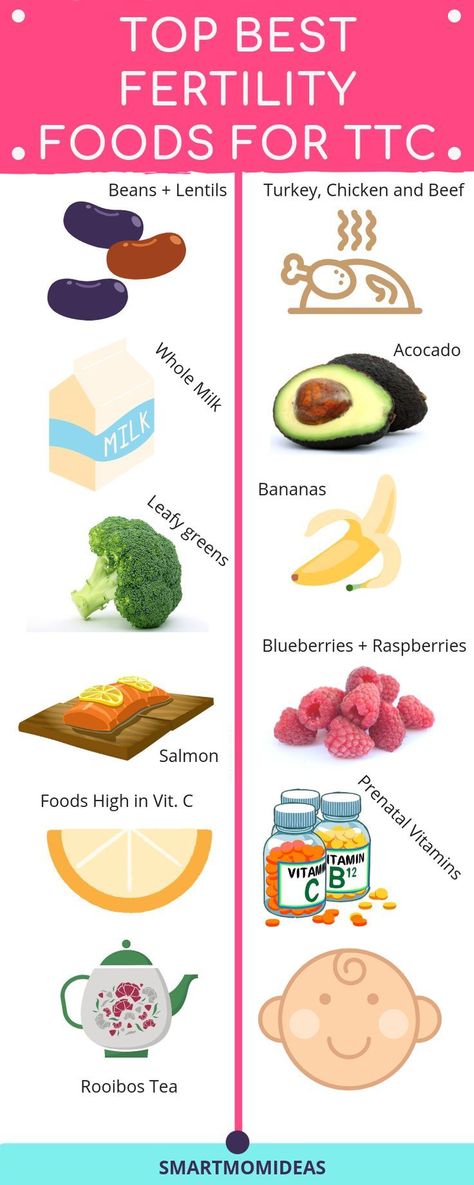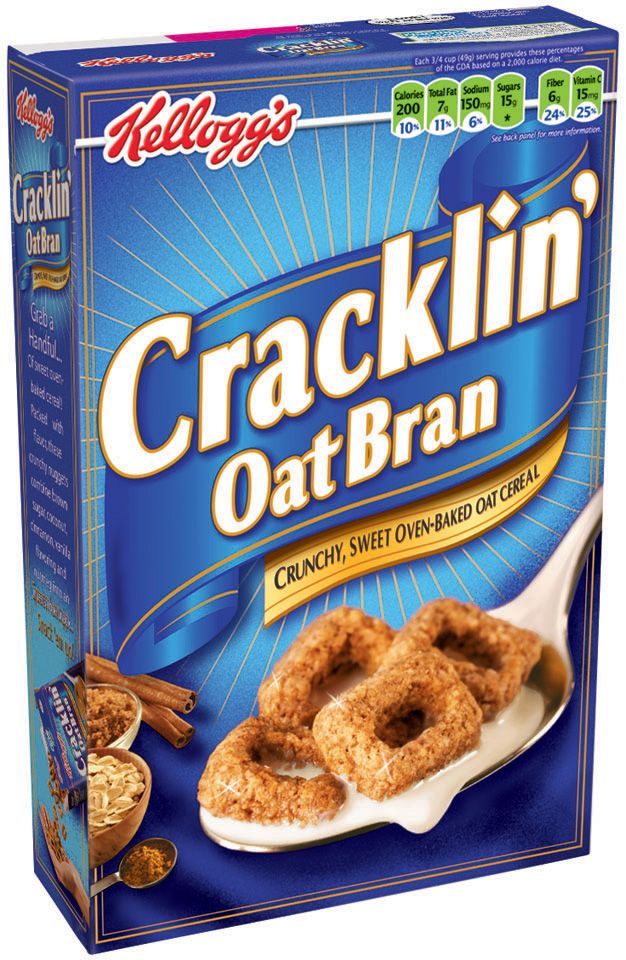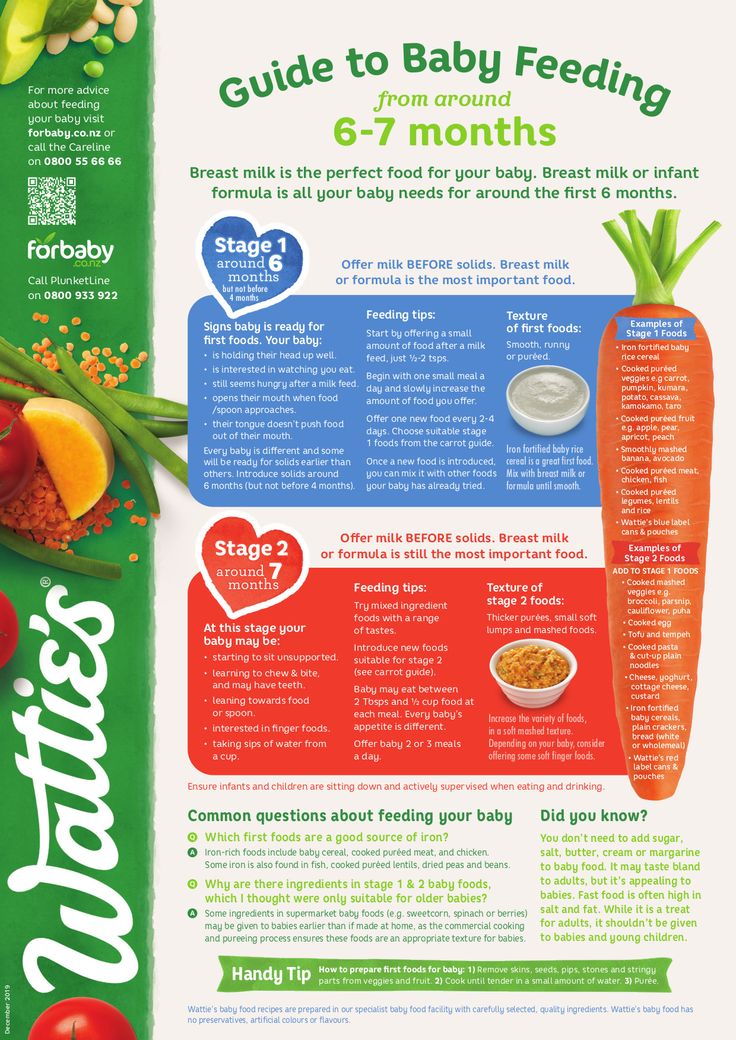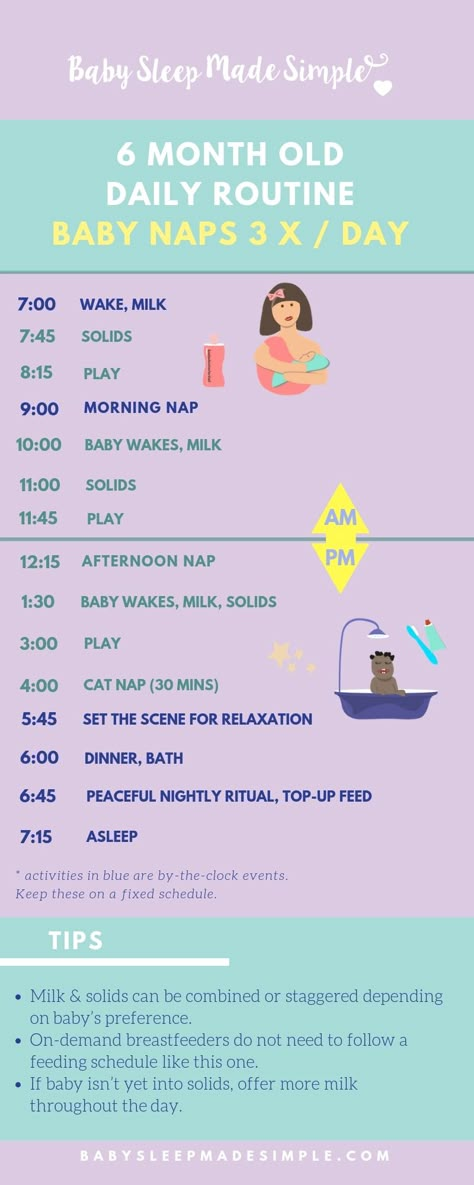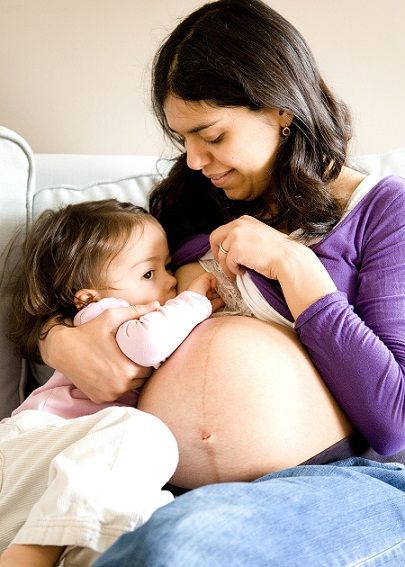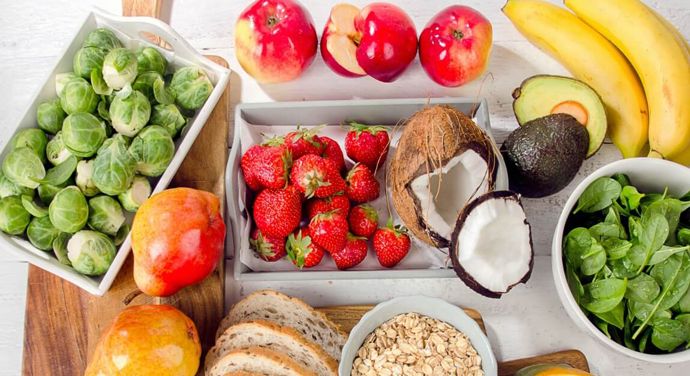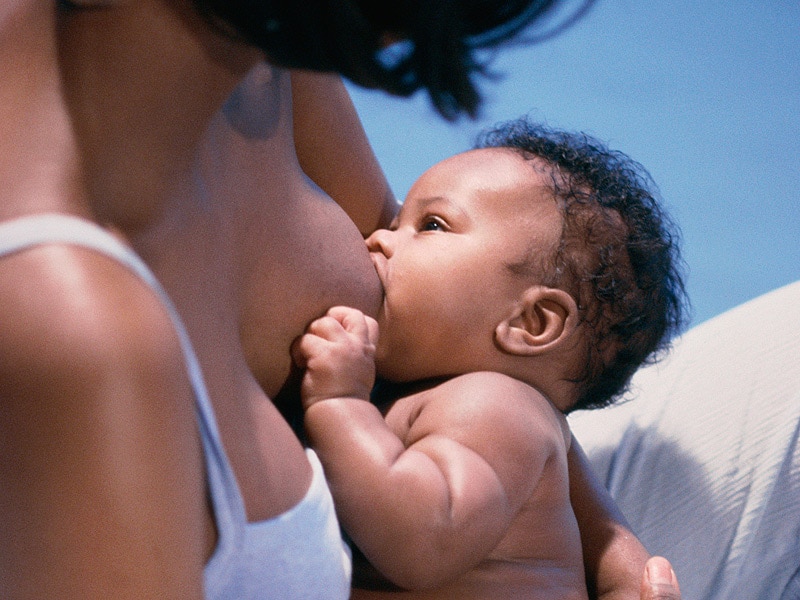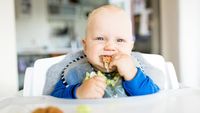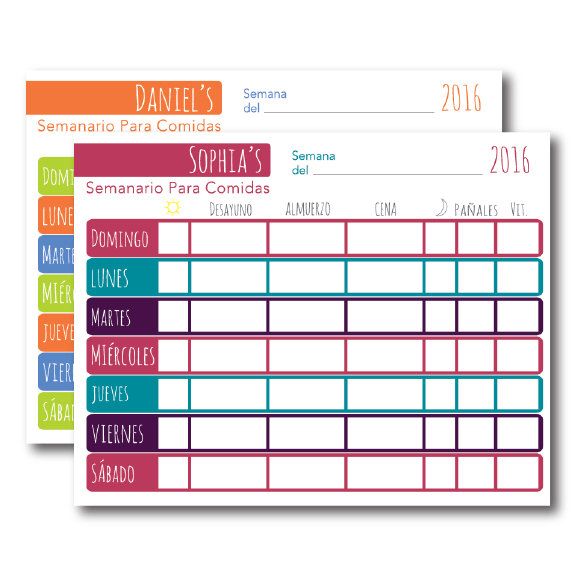What foods to eat when trying for a baby
Trying to Conceive - Diet Tips & What to Eat
A healthy start
The role of diet in conception
From eating a nutrient-rich diet to taking key nutrients in the form of supplements, what you eat can play an important role in increasing your potential to conceive. Discover the benefits of a balanced diet for both you and your partner, and which foods to include to give yourself the best chance of a successful pregnancy.
Expert advice
Get the support you need, the moment you need it
Join now for FREE
Eating your way to pregnancy
Before you start trying to conceive, it's important for both you and your partner to maintain a healthy diet. Eating well, avoiding alcohol, and being within the right weight range for your height will improve your chances of conceiving and will set the conditions for the optimum development of your baby during pregnancy1
The nutritional status of a woman before and during pregnancy influences the growth and development of her baby, forming the foundations for their future health².
What mum eats matters
Paying attention to your diet is important when you're trying for a baby. If you have low nutrient stores prior to pregnancy, you'll have less to maintain your baby’s growth and development during pregnancy, while a lack of vitamins and minerals may impact your health and well-being too3.
Getting in shape
What you weigh can be as important as what you eat. Maintaining a healthy weight prior to conception can help safeguard your baby’s future health and development. Having a BMI of between 20 and 25, can help reduce the risk of having a low birth weight baby, and pregnancy complications such as high blood pressure and diabetes3.
Use the NHS Choices' tool to calculate your BMI to see if you are a healthy weight for pregnancy.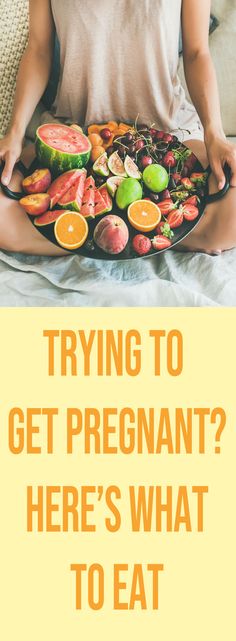
Being underweight
Your weight also plays a part in your fertility. If you are underweight (with a BMI under 20) you're less likely to conceive.
Women who have a low BMI (under 20) are less likely to conceive⁴.
However research has shown that women who are well below the average or ideal weight can still conceive3, so try not to worry if you fall into this category. Increasing your calorie intake, sensibly, by increasing your portion sizes at mealtimes and including nutritious snacks throughout the day is a good way to gain any necessary weight.
Being overweight
If you have a BMI above 25, your ovulation cycle and response to fertility treatment may be affected. Some women choose to lose weight before trying to conceive, as dieting is not recommended during pregnancy.
Being overweight does not prevent all women from conceiving⁵.
Whilst many overweight mums can conceive naturally, a prospective study of women who were not ovulating has shown that a simple weight loss and physical activity programme can result in natural ovulation, conception and successful pregnancy6. Being overweight during pregnancy may also increase your risk of certain complications, such as higher caesarean section rates and lower breastfeeding rates after delivery17.
What dad eats matters too
While it is not yet fully understood, there are a number of factors, including diet, thought to influence male fertility7. For this reason, it is advisable for prospective dads to pay attention to their diet too. It's also a good idea for dad to keep his weight in check too as overweight parents have been linked to increased obesity risk in their children18.
Low intake of fruit and vegetables has been associated with low sperm count.⁷
Zinc (found in meat, shellfish and milk), selenium (brazil nuts, fish and meat) and vitamin C (oranges, red/green peppers and potatoes) may be of particular importance for sperm production8.
Your ‘what to eat’ checklist when trying to conceive
Ensuring you eat the right foods in the right quantities will help you achieve a balanced diet and may increase your chances of conceiving. This means eating from all of the food groups below, every day:
- Bread, rice, potatoes and other starchy foods. Base your meals on these and choose wholegrain varieties for their fibre content. You'll also get calcium, iron and B vitamins9.
- Fruit and vegetables. Fresh, frozen or canned (avoid those with added salt). Five (x 80g) portions per day are recommended. Variety is key to ensuring a range of nutrients10.
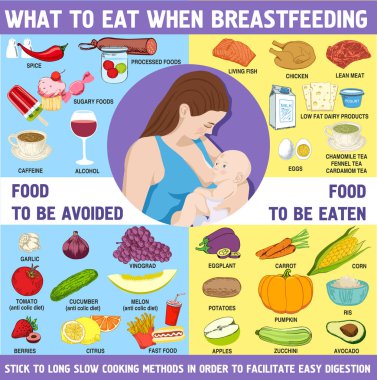
Smoothies only count as 1 of your 5-a-day if the skins and pulp of the fruit are included.
- Milk and dairy foods. Two-three portions of milk, yogurt or cheese are a good source of calcium. Choose lower-fat versions and avoid unpasteurised milk or cheeses11.
- Meat, fish, eggs, beans and nuts. Aim for two portions a day, except for fish, which should be eaten twice a week (with one serving being oily fish). Eating fish is good for your health and the development of your baby. However, there are some types of fish to avoid in pregnancy due to their high levels of mercury12.
Tinned tuna doesn’t count as oily fish, so you can eat this in addition to your maximum of 2 portions a week but do not eat more than four medium sized tins of tuna per week when you are planning a pregnancy or are pregnant.
¹³
- Fluids. To avoid dehydration, drink 1.5–2 litres (or six–eight 200ml glasses) of water, milk, soup, squash or fruit juices. After exercising or in hot weather, you will need more. It's recommended that you limit your intake of caffeine to 200mg per day to avoid risks or complications during pregnancy14.
- Fat and sugar. Unsaturated fats, like oily fish, nuts and seeds, avocados and olive oil, can help to lower cholesterol and provide essential fatty acids. Saturated fats should be kept to a minimum – 20g a day for women and 30g for men15. And sugar should make up no more than 10% of your daily diet – about 50g or ten teaspoons per day for women16.
Omega 3, found in oily fish, contributes to normal brain and eye development, so is an important nutrient to eat before and during pregnancy.¹²
In addition to these foods, folic acid and vitamin D supplements are an important part of your conception diet.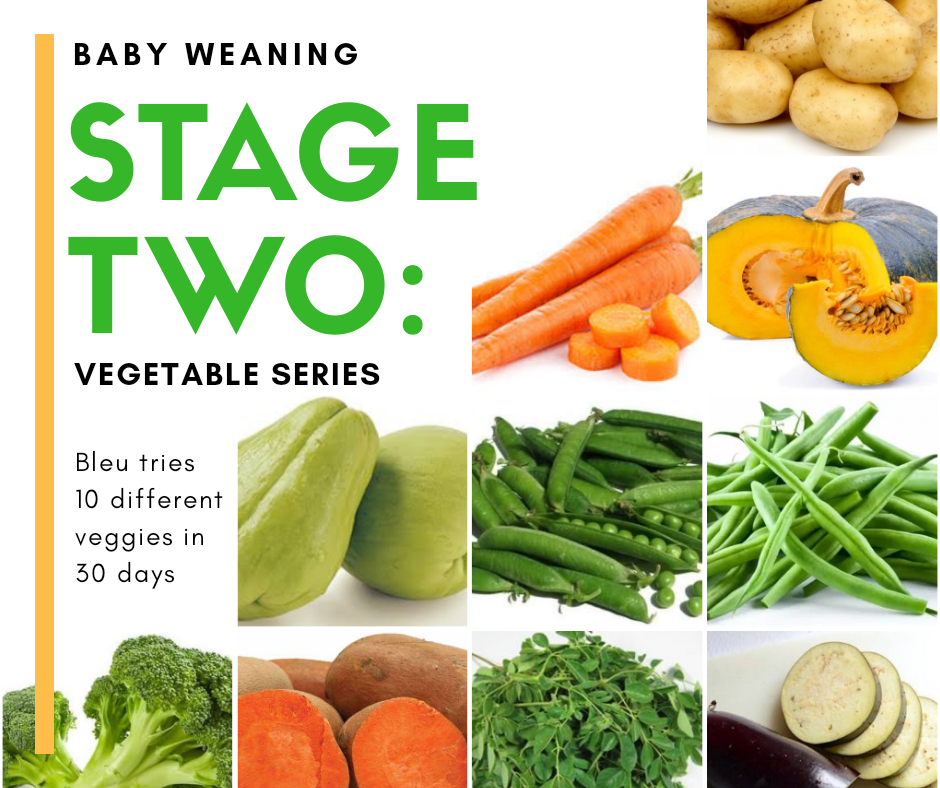 Find out more about these prenatal supplements.
Find out more about these prenatal supplements.
Next steps
Ways to enhance your conception diet:
- Take a folic acid supplement (400mcg) daily for at least three months before conception and for the first trimester of pregnancy
- A 10 mcg vitamin D supplement is recommended every day throughout your pregnancy so it may be a good idea to start taking it if you are trying to conceive
- Swap white bread and pasta for wholemeal varieties
- Eat two portions of oily fish a week – try salmon, mackerel, trout or herring
- Eat five portions of fruit and vegetables a day – one portion = one apple, or two satsumas, or one heaped tbsp of raisins, or three heaped tbsp of cooked carrots
- Drink 1.5–2 litres of fluids a day (preferably water)
View references
1. NHS UK. Protect your fertility [Online]. Available at: www.nhs.uk/Livewell/Fertility/Pages/Protectyourfertility.aspx[Accessed May 2014]
2. Gluckman PD et al. The developmental origins of adult disease. Matern Child Nutr 2005;1:130–141.
Gluckman PD et al. The developmental origins of adult disease. Matern Child Nutr 2005;1:130–141.
3. NHS UK. Have a healthy diet in pregnancy [Online]. Available at: www.nhs.uk/conditions/pregnancy-and-baby/pages/healthy-pregnancy-diet.aspx [Accessed May 2014]
4. Zaadstra et al. Fat and female fecundity:prospective study of the effect of body fat distribution on conception rates. Br Med J 1993;306:484-487.
5. The Centre for Pregnancy Nutrition, University of Sheffield, 2005.
6. Clark et al. Weight loss in infertile women results in improvement in reproductive outcome for all forms of infertility treatment. Hum Reprod 1998;13:1502-1505.
7. Wong et al. New evidence of the influence of exogenous factors on sperm count in man. Eur J Obstet Gynecol Reprod Biol 2003;110:49-54.
8. Tas et al. Occupational hazards for the male reproductive system. Crit Rev Toxicol 1996;26:261-307.
9. NHS UK. Starchy foods [Online]. Available at: www.nhs.uk/Livewell/Goodfood/Pages/starchy-foods.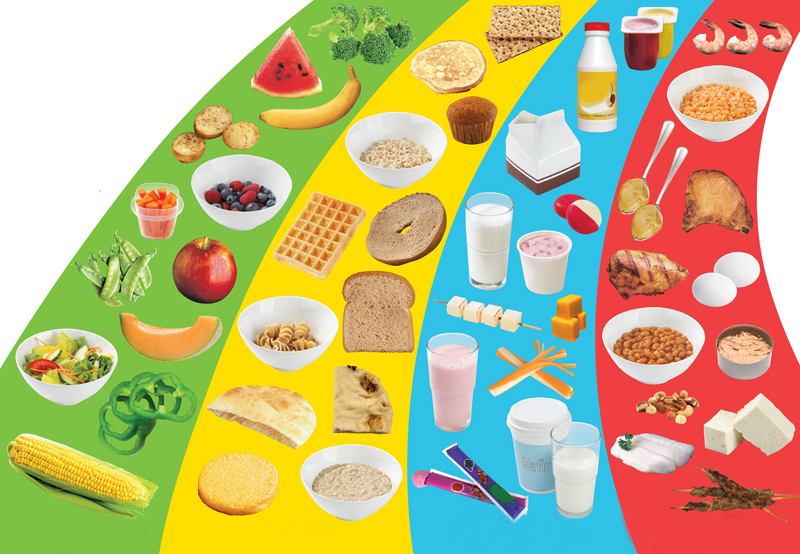 aspx[Accessed May 2014]
aspx[Accessed May 2014]
10. NHS UK. 5 a day [Online]. Available at: www.nhs.uk/LiveWell/5ADAY/Pages/5ADAYhome.aspx [Accessed May 2014]
11. NHS UK. Milk and dairy foods [Online]. Available at: www.nhs.uk/Livewell/Goodfood/Pages/milk-dairy-foods.aspx[Accessed May 2014]
12. NHS UK. Fish and shellfish [Online]. Available at: www.nhs.uk/Livewell/Goodfood/Pages/fish-shellfish.aspx[Accessed May 2014]
13. Patient UK. Diet and lifestyle during Pregnancy [Online]. Available at: http://patient.info/health/diet-and-lifestyle-during-pregnancy [Accessed May 2014]
14. NHS UK. Water and drinks [Online]. Available at: www.nhs.uk/livewell/goodfood/pages/water-drinks.aspx [Accessed May 2014]
15. NHS UK. Eat less saturated fat [Online]. Available at: www.nhs.uk/livewell/goodfood/pages/Eat-less-saturated-fat.aspx[Accessed May 2014]
16. NHS UK. How much sugar is good for me? [Online]. Available at: www.nhs.uk/chq/pages/1139.aspx [Accessed May 2014]
17. Abdelmaboud et al (2012) Increase in moderate and extreme obesity in pregnancy.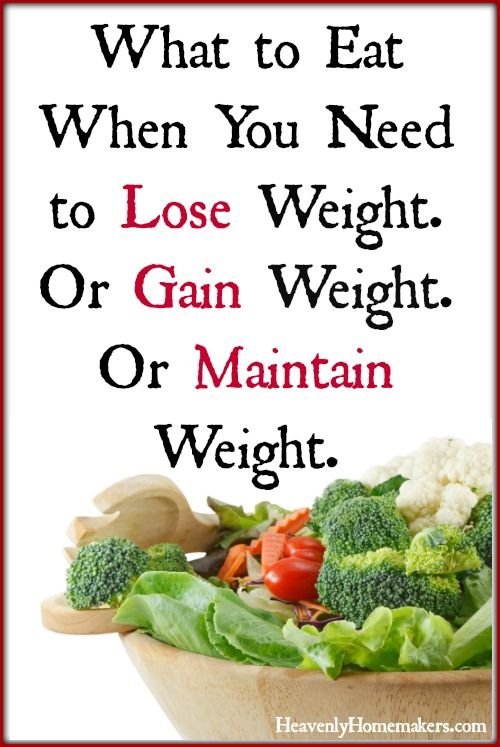 IMJ Vol 105; 5
IMJ Vol 105; 5
18. Kelly et al (2011) A comparison of maternal and paternal BMI in early pregnancy Aust NZ Journal Obs Gyn Apr 51(2):147-150
Last reviewed: 4th July 2016
- Aptaclub home
- Conception
- Conception diet
Foods That Make You Fertile - Pregnancy Center
There’s no shortage of old wives’ tales (and Internet legends) touting the fertility benefits of certain foods — and the baby-busting potential of others. And if you’re thinking about starting a baby making campaign (or you’re already waging one), you’re probably wondering which are fertility fact…and which, fertility fiction. The truth is, you can get pregnant no matter what you eat — and no matter what you don’t eat.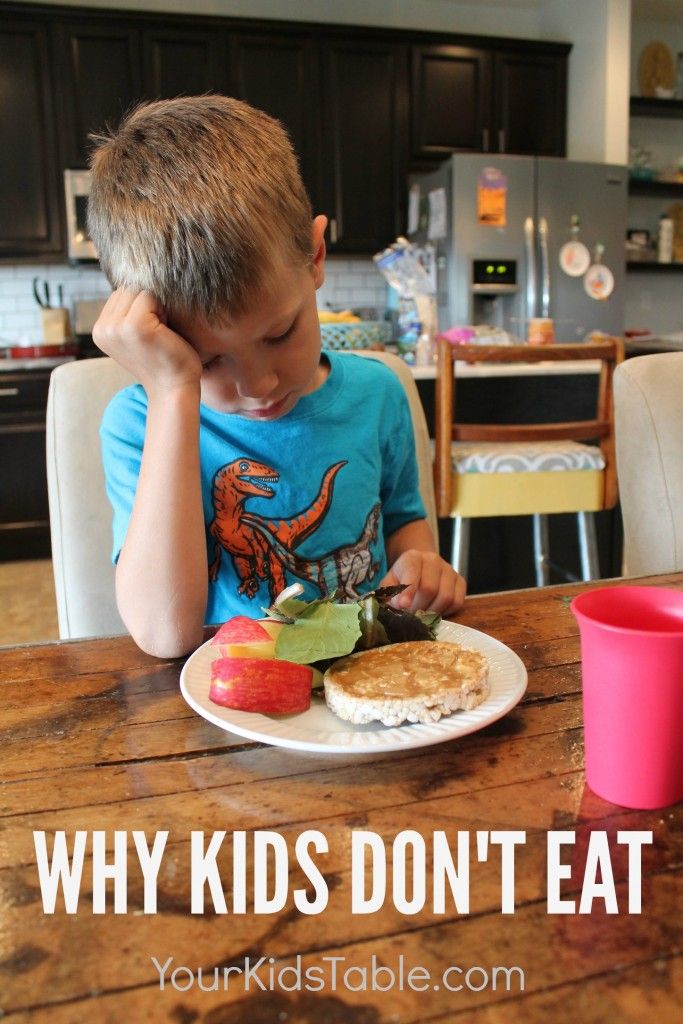 But there is some fascinating, if preliminary, research showing that your fertility may be what you eat — and that filling your belly with certain foods (and avoiding others) may just help you fill your belly with a baby faster. The scientific jury’s still debating the food-fertility connection (or is there one?), but in the meantime it’s definitely interesting food for thought. And speaking of food, take the following list with a grain of salt (and a prenatal vitamin — which is a proven preconception must). Fill up on those foods that have fertility promise (they’re all healthy anyway), and avoid as best you can foods researchers have speculated may decrease your chances of conceiving. Bottom line (and you don’t need a scientist to tell you this): eat a nutritious, balanced prepregnancy diet, and you’re likely fueling your fertility. Make a diet of junk food and fast food, and you’re probably not doing your fertility a favor.
But there is some fascinating, if preliminary, research showing that your fertility may be what you eat — and that filling your belly with certain foods (and avoiding others) may just help you fill your belly with a baby faster. The scientific jury’s still debating the food-fertility connection (or is there one?), but in the meantime it’s definitely interesting food for thought. And speaking of food, take the following list with a grain of salt (and a prenatal vitamin — which is a proven preconception must). Fill up on those foods that have fertility promise (they’re all healthy anyway), and avoid as best you can foods researchers have speculated may decrease your chances of conceiving. Bottom line (and you don’t need a scientist to tell you this): eat a nutritious, balanced prepregnancy diet, and you’re likely fueling your fertility. Make a diet of junk food and fast food, and you’re probably not doing your fertility a favor.
Fertility-Friendly Foods
- Dairy.
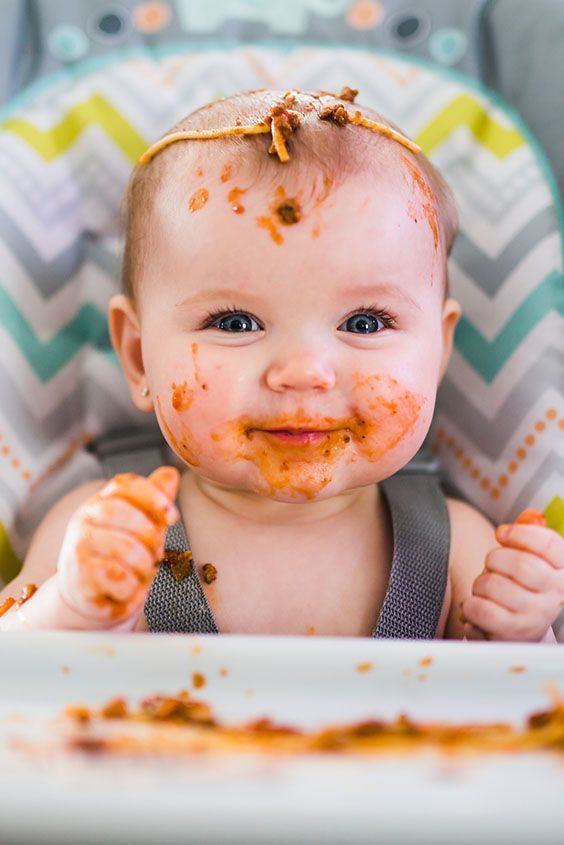 It pays to bone up on dairy (milk, yogurt, and cheese) when you’re trying to conceive. Adding dairy to your preconception diet is good not only for bone health but also — potentially — for your reproductive health. So drink that milk, spoon up that yogurt, sip that smoothie, nibble on that cheese. Sticking to low-fat or fat-free dairy products makes sense most of the time, especially if you’re trying to lower your bottom line preconception (after all, extra weight can weigh on fertility). But there is some early research showing that women who have problems with ovulation may benefit from splurging on a serving a day of full-fat dairy. Before you dip too far into the Ben & Jerry’s, though, remember that overdoing the full-fat will defeat the purpose if it packs on the pounds.
It pays to bone up on dairy (milk, yogurt, and cheese) when you’re trying to conceive. Adding dairy to your preconception diet is good not only for bone health but also — potentially — for your reproductive health. So drink that milk, spoon up that yogurt, sip that smoothie, nibble on that cheese. Sticking to low-fat or fat-free dairy products makes sense most of the time, especially if you’re trying to lower your bottom line preconception (after all, extra weight can weigh on fertility). But there is some early research showing that women who have problems with ovulation may benefit from splurging on a serving a day of full-fat dairy. Before you dip too far into the Ben & Jerry’s, though, remember that overdoing the full-fat will defeat the purpose if it packs on the pounds. - Lean animal protein. Let’s talk (lean) turkey…and lean chicken and lean beef. All these protein sources are chock-full of iron — an important nutrient that helps beef up fertility.
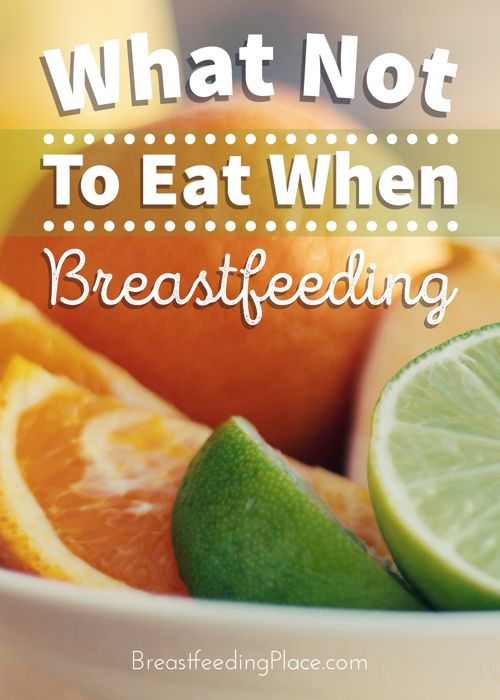 In fact, studies show that women who pump up their iron intake during the preconception period have a higher fertility rate than women who are iron-deficient. A couple caveats: Steer clear of high-fat cuts of meat (bring home the pork tenderloin, but not the bacon), and don’t overdo any kind of animal protein (stick to no more than 3 servings). That’s because research shows that too much protein (even lean protein) can decrease fertility. Consider swapping out one serving of animal protein for a serving of plant protein (think beans, tofu, or quinoa). If you’re a vegan, be sure your prenatal vitamin has iron in it, and ask your practitioner if you might need any extra supplementations.
In fact, studies show that women who pump up their iron intake during the preconception period have a higher fertility rate than women who are iron-deficient. A couple caveats: Steer clear of high-fat cuts of meat (bring home the pork tenderloin, but not the bacon), and don’t overdo any kind of animal protein (stick to no more than 3 servings). That’s because research shows that too much protein (even lean protein) can decrease fertility. Consider swapping out one serving of animal protein for a serving of plant protein (think beans, tofu, or quinoa). If you’re a vegan, be sure your prenatal vitamin has iron in it, and ask your practitioner if you might need any extra supplementations. - Fatty fish. Salmon (choose wild if you can), sardines, herring, and other types of fatty fish are swimming in fertility-boosting benefits, thanks to the high levels of omega-3 fatty acids they boast. Loading up your diet with those fabulous fats allows for increased blood flow to reproductive organs and may help to regulate reproductive hormones.
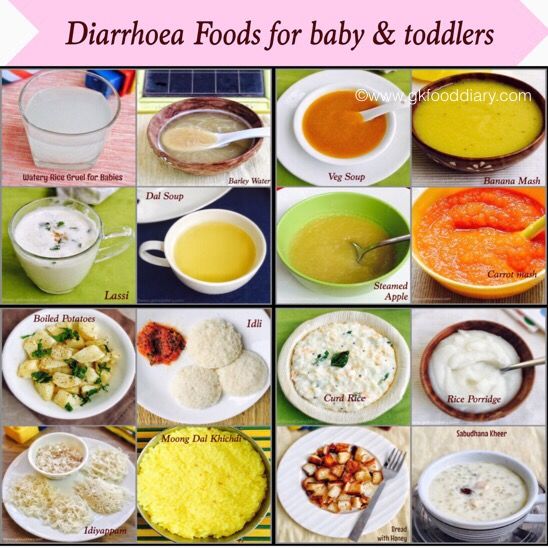 Not a fan of fish? Hook your omega-3 fatty acids from flaxseed (you’ll find it in some breads), almonds, walnuts, pumpkin seeds, and enriched eggs (you’ll see them marketed as “omega” or “DHA” eggs).
Not a fan of fish? Hook your omega-3 fatty acids from flaxseed (you’ll find it in some breads), almonds, walnuts, pumpkin seeds, and enriched eggs (you’ll see them marketed as “omega” or “DHA” eggs). - Complex carbs. Never came across a carb you didn’t like (and what estrogen producer has)? It’s time to get a tad more discriminating. When you can, consume carbs of the complex kind (whole grains, beans, vegetables, and fruits) as opposed to the refined varieties (white bread, white rice, refined cereal, sugary treats of all types). That’s because there may be a link between your carb choices and your fertility. Here’s why: Digesting refined carbs causes an increase in blood sugar and insulin in the body — and increased insulin levels can disrupt reproductive hormones and mess with the menstrual cycle (not a good scenario when you’re trying to conceive). Complex carbs, on the other hand, take longer to digest and don’t cause spikes in insulin levels — they may also promote regular ovulation.
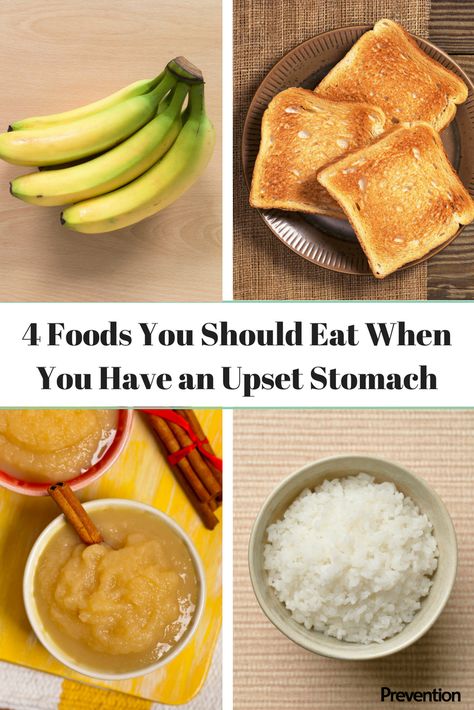 Holy whole wheat, batmom!
Holy whole wheat, batmom! - Oysters. You’ve heard that oysters can heat things up between the sheets, but did you know they can also boost your fertility? The oyster — famous for being Nature’s answer to Viagra — is the food chain’s most concentrated source of zinc, a nutrient that’s crucial for conception. Zinc deficiency can disrupt the menstrual cycle and slow the production of good-quality eggs — neither of which is good for fertility. Not a fan of oysters in any form? Slurping those bivalves is not the only way to get your share of zinc. Find zinc in smaller amounts in other fertility-friendly foods, incuding beef, poultry, dairy, nuts, eggs, whole grains, and legumes.
- Yams. If you’re hoping for a bun in your oven, think about cooking up some yams for dinner. Some researchers have suggested that this Thanksgiving staple may contain an ovulation-stimulating substance, offering as evidence the fact that wild yam eating populations have a higher rate of twins.
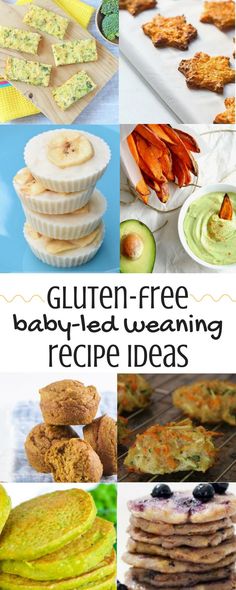 Whether or not this theory pans out (after all, the yams we eat are raised, not wild), it’s worth tossing a few in the pan tonight anyway. After all, they’re super-rich in fertility-friendly vitamins (their deep color is a giveaway).
Whether or not this theory pans out (after all, the yams we eat are raised, not wild), it’s worth tossing a few in the pan tonight anyway. After all, they’re super-rich in fertility-friendly vitamins (their deep color is a giveaway). - Berries. Thinking pink or blue? Think raspberries and blueberries. Packed with antioxidants, these members of the berry family protect your body from cell damage and cell aging — and this includes cells in your reproductive system (aka your eggs). Wondering whether you should be picking other berries, too (like strawberries and blackberries?) Definitely do. All berries are berry, berry good for your fertility…it’s just that raspberries and blueberries are the berry, berry best. Out of season? Buy them frozen.
Fertility Busters
- High-mercury fish. You’ve probably heard that high mercury fish is a pregnancy no-no. But did you know that too much mercury can affect fertility, too? That’s right — research has shown a connection between infertility and high levels of mercury.
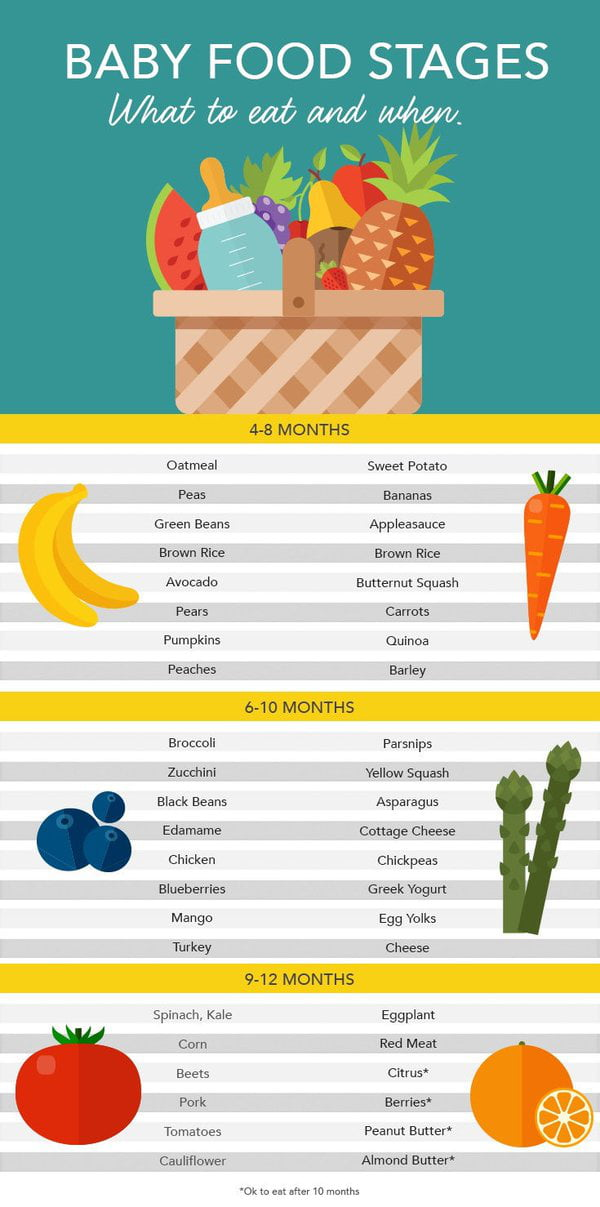 What’s more worrisome: mercury is stored in the body — so even if you’re careful to follow the guidelines for fish consumption while you’re pregnant, your baby-to-be could still be harmed by the mercury you ingested preconception. So avoid eating high-mercury fish when you’re trying to conceive, including swordfish, king mackerel, tilefish, fresh tuna (limit canned, too; light has less mercury than white), and shark. Are you a sushi fan? Get your fill now (you won’t be able to indulge once you’re officially expecting), but do stick to low-mercury fish.
What’s more worrisome: mercury is stored in the body — so even if you’re careful to follow the guidelines for fish consumption while you’re pregnant, your baby-to-be could still be harmed by the mercury you ingested preconception. So avoid eating high-mercury fish when you’re trying to conceive, including swordfish, king mackerel, tilefish, fresh tuna (limit canned, too; light has less mercury than white), and shark. Are you a sushi fan? Get your fill now (you won’t be able to indulge once you’re officially expecting), but do stick to low-mercury fish. - Trans fats. Trans fats are nobody’s friends, which is why these unhealthiest of unhealthy fats are being pulled from more and more products. But here’s a reason why you might want to consider pulling all trans fats from your preconception diet: some research shows that the more trans fats in a woman’s diet, the higher her chances of developing ovulatory infertility. Trans fats (also called hydrogenated or partially hydrogenated oils) are found in processed and fried foods.
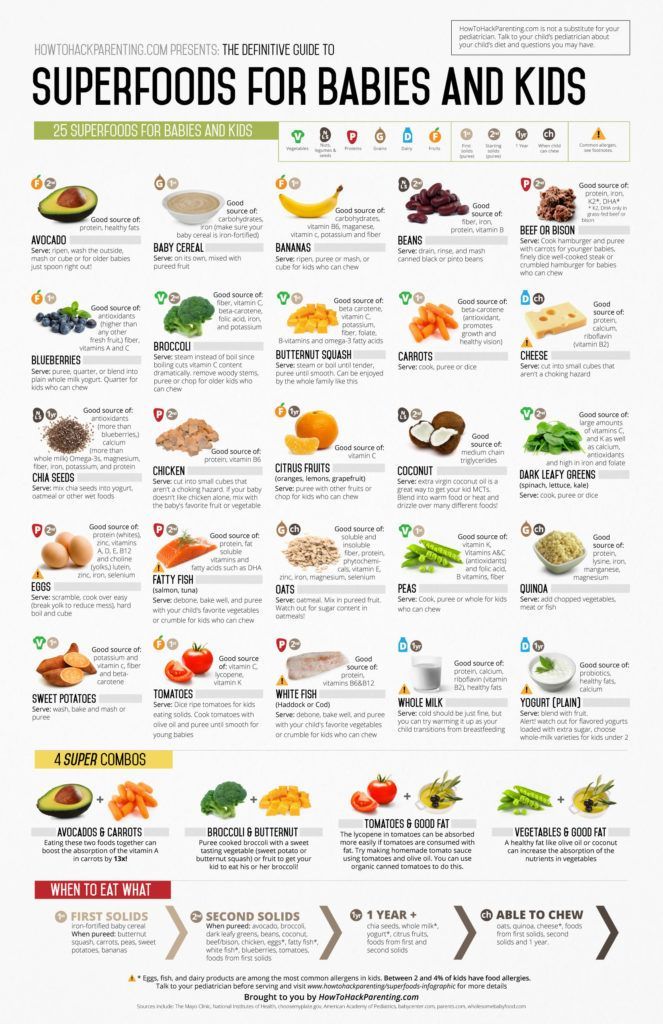 Read nutrition labels carefully to check for trans fats so you can be sure to avoid them. While you’re at it, mostly stay away from saturated fats of all kinds. Get your fats the healthy way (canola oil, olive oil, flaxseed oil, nuts, avocados, and so on).
Read nutrition labels carefully to check for trans fats so you can be sure to avoid them. While you’re at it, mostly stay away from saturated fats of all kinds. Get your fats the healthy way (canola oil, olive oil, flaxseed oil, nuts, avocados, and so on). - Caffeine. A heavy caffeine habit can be a big-time fertility buster. Studies have linked downing too much caffeine with lowered fertility and an increased risk of miscarriage. But you doesn’t mean you have to give up your old pal, Joe. Up to 200 mg a day (that would buy you about two shots of espresso or 12 ounces of brewed coffee) is considered safe — now and when you’re expecting.
Abortion Controversy Heats Up
The Supreme Court has set a date to hear a Roe v. Wade challenge, Texas has tightened its abortion laws, and abortion rights advocates point out a grim...
By Cheryl Alkon
The Best Pregnancy Test in 2022
Looking for the best pregnancy test in 2022? Here are the top pregnancy tests when it comes to accuracy, reliability, and usability from brands like Clearblue.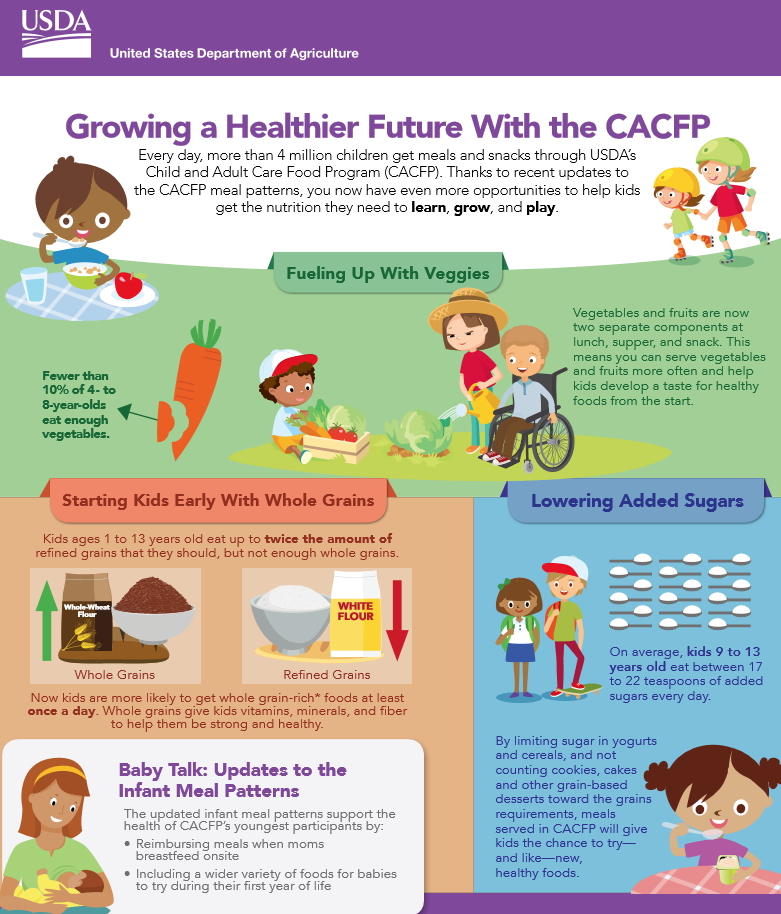 ..
..
By Sara Lindberg
Ordered on Bed Rest During Pregnancy?
By10 Things Your OB-GYN May Not Tell You
By10 Ways Pregnancy Changes Your Skin
ByWhat to eat to get pregnant: how does the diet affect conception?
Photo credit, Hulton ArchiveGetty Images
Caption before photo,There is still little reliable data on the relationship between diet and chances of getting pregnant
aphrodisiac properties vary depending on the era and culture.
A hearty diet has long been considered favorable for the birth of a new life, but does food really make us fertile? What does science say about this?
Some consider oysters the best aphrodisiac, others praise eggplant.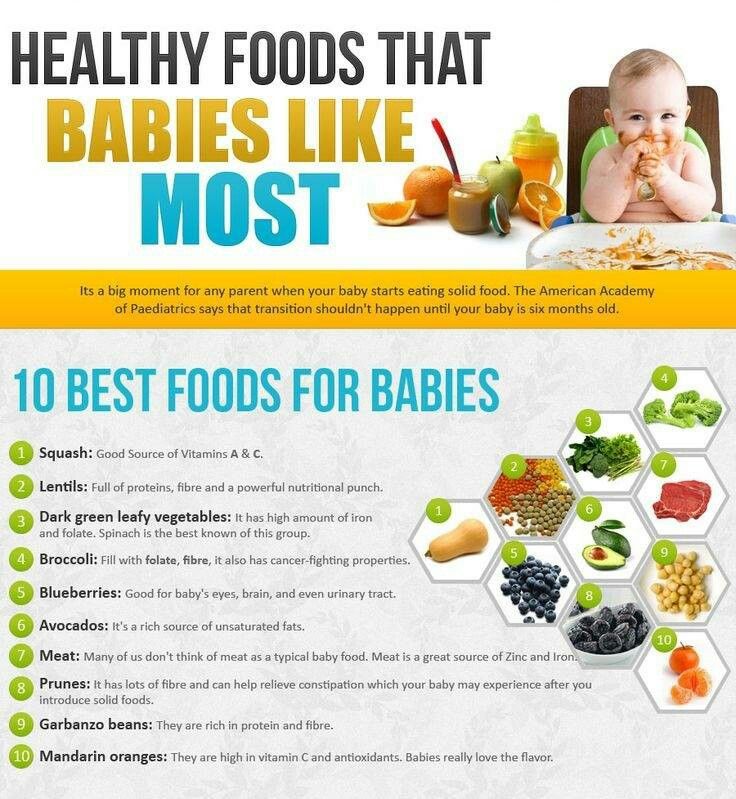
"Beans, soybeans! They produce better eggs!" - says a Chinese merchant, advertising his goods in a street market.
The connection between what we eat and our ability to reproduce has been a subject of folklore, religious and medical observation for thousands of years.
This is a very important question for many potential parents.
It's hard to get reliable fertility data around the world, says BBC journalist Emily Thomas. But, for example, in the United States, according to official statistics from the Center for Disease Control, about 12% of women aged 15 to 44 have difficulty getting pregnant or bearing a child.
So how much can proper nutrition help them? Can food improve fertility?
The BBC's Food Chain program was looking into the science behind it.
Food and marriage
Photo by Reg Peller HULTON ARCHIVE GETTY
Image caption,Post-war baby boom: More babies were born in England and Wales in 1945 than in any other year since 1924
Historically, the conception of a new life was associated with the presence of a large number of products.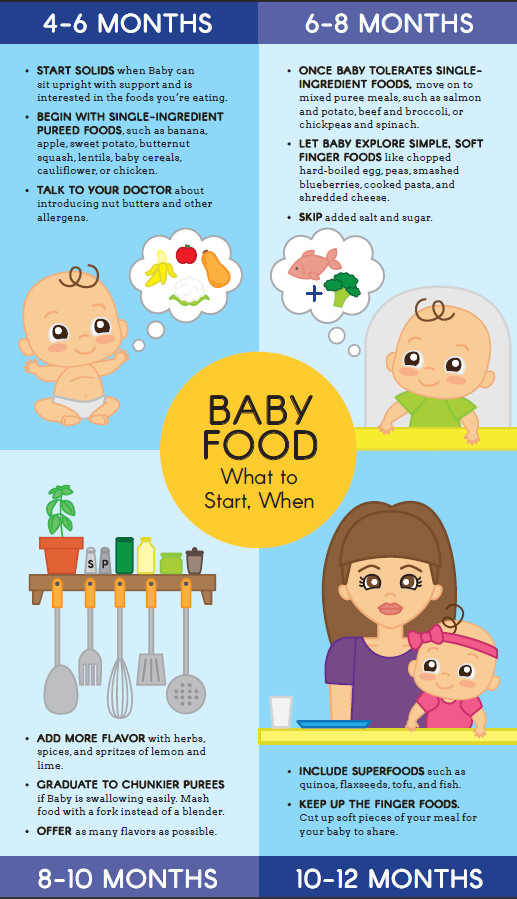 For example, the end of the Second World War caused a baby boom in Europe: in particular, in England, the birth rate increased by 30% in just two years.
For example, the end of the Second World War caused a baby boom in Europe: in particular, in England, the birth rate increased by 30% in just two years.
Of course, this is also due to the fact that after the war there were many more marriages.
However, many of the population explosions in different historical epochs were due to changes in the quantity and variety of available foods - in particular, the Neolithic population surge that began 10 thousand years ago.
Image copyright, WIKICOMMONS
Image caption,Circa 300 B.C. e. there was a population surge caused by the spread of corn
Remove the podkast I sink
Podkast
Shcho TS BULO
Golovna Istoria Tizhnya, Yaku explain our magazine
VIPASS
Kinets
about 300 g. along with that, the birth rate went up," says Tim Kohler, professor of anthropology at the University of Washington.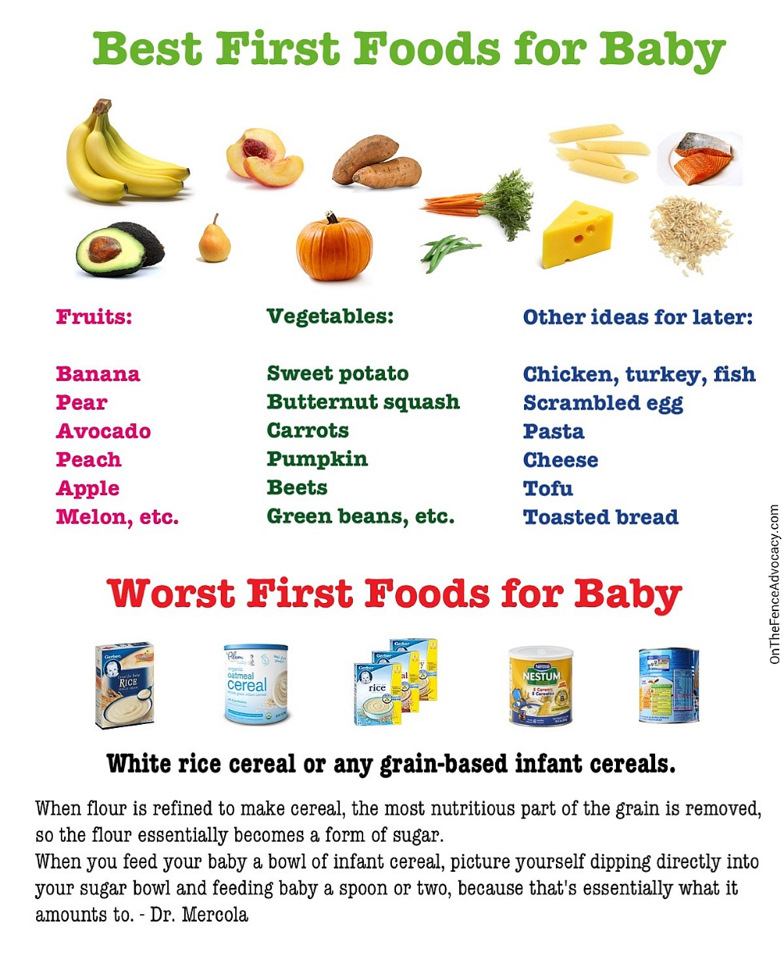
"Increasing carbohydrates in the diet gives women a better energy balance - then they are likely to ovulate more often and have a corresponding increase in fertility."
When there is enough food, other factors come into play - quantity is clear, but what about the types of food we eat?
Fertility specialists have begun to consider diet more important for conception, says Professor Jorge Chavarri of the Harvard School of Public Health and Medicine.
"Medics have long denied this, but the evidence is accumulating and more and more people are forced to admit that diet and lifestyle are really important," says Dr. Chavarri of The Food Chain.
According to him, the success of infertility treatment has not changed much in the last decade despite the advent of new technologies - and is unlikely to improve much in the near future.
"Everyone, including pharmaceutical companies, is interested in finding new ways to improve the success of treatment - accordingly, everyone is interested in factors that are easy to modify, such as diet.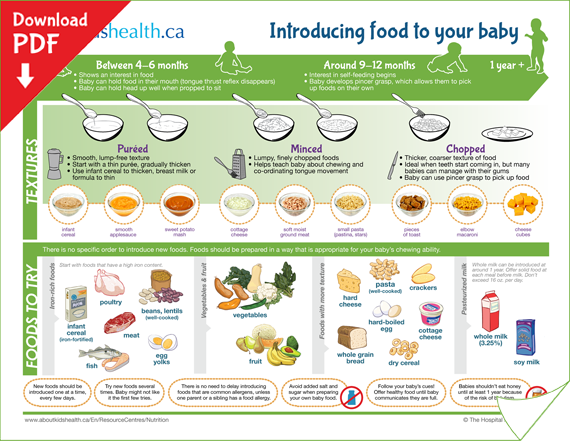 "
"
Beans, Eggs and Syrup
Behavior modification - in this case, fertility-friendly actions that are realistic to perform - has long been a subject of conjecture and, more recently, of debate among medical scientists.
In ancient Egypt, men, in order to become parents, turned to the god Ming for help, one of the elements of worship to which was lettuce - this green vegetable was attributed to the properties of an aphrodisiac.
Other fertility deities, such as Dionysus in Greek mythology and Juno in Roman mythology, were associated with fresh figs.
And to name a few, 300-year-old cookbooks recommend a variety of foods to parenthood, from pet testicles to eggplant. According to popular belief, the body must be "warmed up" with proper food in order to generate new life.
Photo caption,Recipes "to increase fertility" in a 16th-century cookbook kept in the Wellcome Library in London
"Quite often a product is mentioned as a syrup from the root of Primorye Nikolaichiki, a plant growing on the seashore.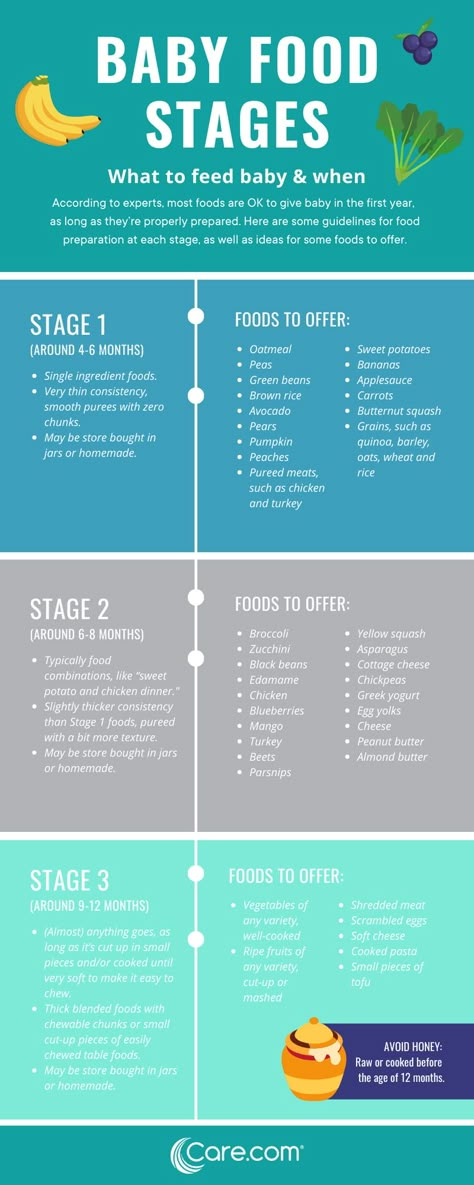 It should have been taken by women in the morning on an empty stomach," says Jennifer Evans, a historian at the University of Hertfordshire, flipping through the pages of a 16th-century cookbook.
It should have been taken by women in the morning on an empty stomach," says Jennifer Evans, a historian at the University of Hertfordshire, flipping through the pages of a 16th-century cookbook.
Also popular centuries ago were practices such as the consumption of roasted and crushed wombs of hares and rabbits, known for their fertility.
"These books constantly mention legumes and parsnips and nuts," says Evans.
Lifestyle Changes
It is now common knowledge that diet, physical activity, and lifestyle influence how long you live, as well as other aspects of health.
Does this list include fertility?
Science has very little data yet on how much fertility depends on nutrition, says Dr. Chavarri.
"We consume a wide range of foods, which in turn have a wide range of effects. In some cases, we see a direct link between nutritional elements and fertility - but we do not always understand the biological basis of such a connection.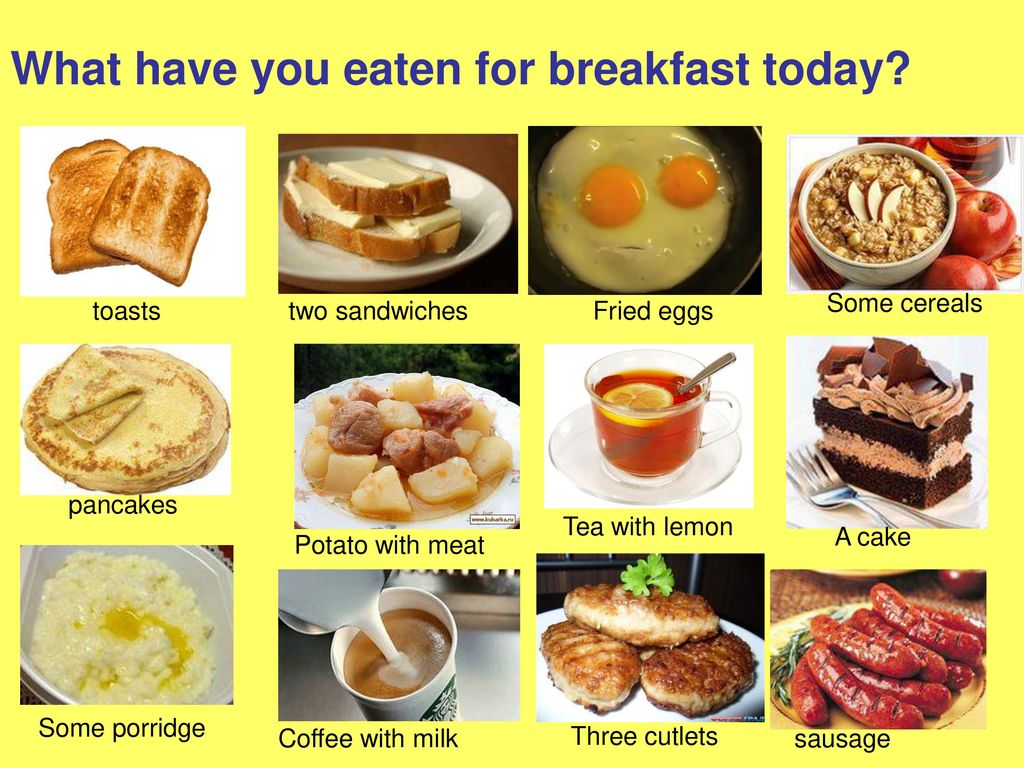 "
"
Image copyright, AFP Getty Images
Image caption,Scientists look for fertility secrets in foods popular in countries with high birth rates such as East Timor
Harvard University scientists conducted a long-term study on infertility, which involved 19thousand women. It turned out that diet and lifestyle "are responsible for about two-thirds of cases of infertility associated with ovulation disorders."
"However, ovulation disorders are only one of many possible causes of infertility. Therefore, considering other factors, I would estimate that about 50% of infertility cases are related to diet and lifestyle - factors that need to be modified," said Dr. Chavarri to a BBC correspondent.
Benefits of soy
Other animal studies have shown that the type of nutrition both mothers and fathers have before planned conception significantly affects the health of future offspring.
"But if you're looking for a superfood, you won't find it.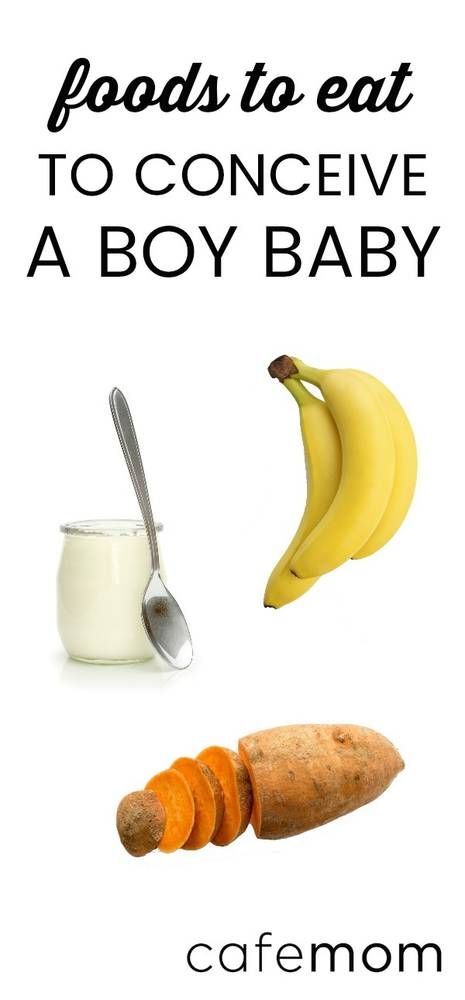 It doesn't exist," says our Harvard expert. "But the closest thing to it is soy."
It doesn't exist," says our Harvard expert. "But the closest thing to it is soy."
Image credit: AFP Getty Images childbearing" provides advice to potential parents
A randomized study found that consumption of soy or soy products increased fertility rates among women undergoing fertility treatment, he adds.
As for the miraculous power of coconuts, figs, yams, walnuts, etc., "these are mostly myths, without scientific evidence."
However, of course, there are reasons to believe that a healthy diet is good for future parents.
"Choose low glycemic or slow carbs like whole grains and fish and plant-based sources of protein like soy. And try to keep your weight in check when planning a pregnancy."
Hope for folic acid
Food supplements are also popular. Of these, perhaps the most common is folic acid, a man-made form of the B vitamin that is better absorbed by the body than the natural form from food.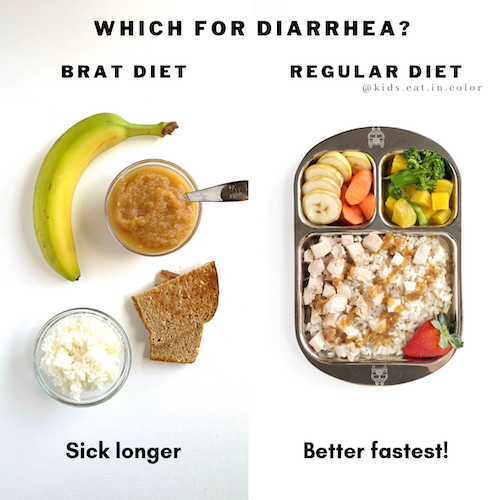
It has been linked to a reduced risk of birth defects when taken at least one month before conception.
Some countries (Kenya, Argentina, South Africa and the USA) have even mandated that this acid be added to staple foods such as wheat flour.
"But there are downsides. We do not know the exact biological mechanism of its action - how it reduces risks. Mandatory folic acid intake by the whole population can also negatively affect health by increasing the content of unprocessed folic acid in the body, especially in children", explains Mark Lawrence, professor of food service at Deakin University.
Image copyright, Getty Images
Image caption,Relaxation exercises for pregnant women: a healthy lifestyle has a positive effect on childbearing
Are there foods that impair fertility?
Yes, according to some scientists, substances with such an effect exist - these are predominantly hormonal substances or those that mimic the action of hormones.
How do they enter the food chain? Of course, some of them are natural hormones of animal origin. But there are also those that are added to the diet of animals in the food industry to promote their reproduction or growth. Residues of these hormones can be found in milk or meat.
It is not yet clear exactly what happens when we consume them.
"There is no clear evidence that these hormones adversely affect human fertility," says Richard Lee, a biologist at the University of Nottingham and a specialist in hormone research.
However, the possibility that they may harm reproduction has led some governments to impose strict controls on them. There is also a clear need for further research.
how to increase your chances of having a baby
One of the reasons why some women can't get pregnant is poor nutrition. Such conclusions were made by scientists on the basis of large-scale studies. On their basis, a fertile diet was compiled, designed to increase the ability to conceive a baby.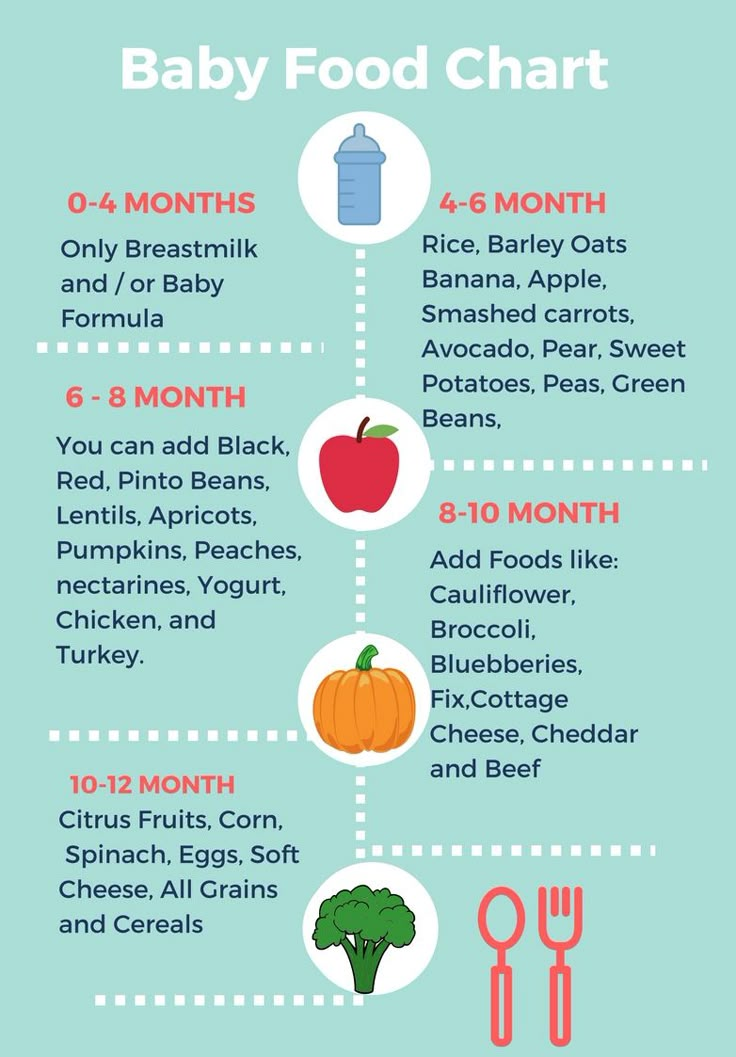
The fact that the use of a certain set of products helps to get pregnant, it became known in the early 90s. Scientists have developed a special nutrition system after a long eight-year study in which more than 18,000 women took part. The diet, called the fertility diet, increases the chances of getting pregnant and also affects the development of the fetus.
By the way, other animal studies have shown that the type of parental nutrition before conception has a serious impact on the health of the offspring.
Of course, when planning a pregnancy, you should not rely only on diet, but studies show that it can actually increase the chances of conception. But of course, in the event that a woman does not have serious problems such as infection, clogged fallopian tubes, or if the cause of infertility is not any irreversible disease processes.
What should be the nutrition of future parents?
What foods should not be consumed if you want to get pregnant
First of all, it is important to exclude coffee and products containing caffeine from the diet - Coca-Cola, Pepsi, etc.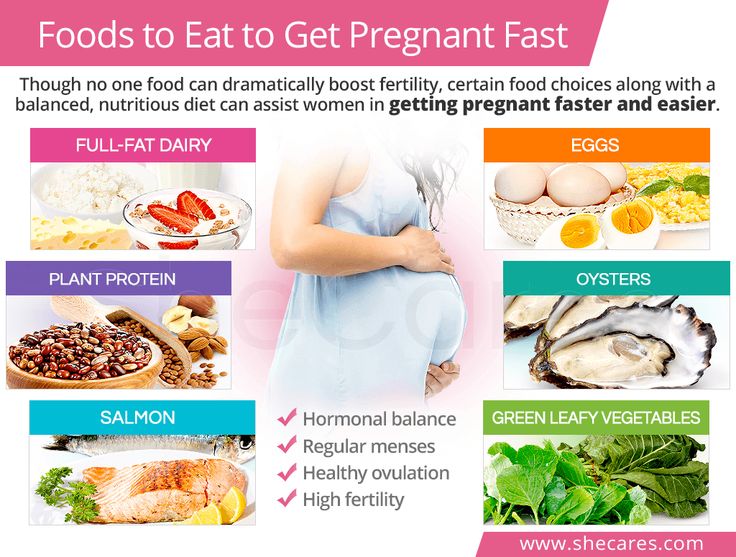 The fact is that caffeine suppresses the reproductive function of the body. Caffeine stimulates the production of androgens by the liver, adrenal glands, and ovaries. The increased amount of androgens does not have time to turn into sex hormones, as a result, the endocrine balance is disturbed. As a result - the absence of ovulation, an incapacitated egg or sperm, polycystic ovary syndrome. Nicotine has the same effect.
The fact is that caffeine suppresses the reproductive function of the body. Caffeine stimulates the production of androgens by the liver, adrenal glands, and ovaries. The increased amount of androgens does not have time to turn into sex hormones, as a result, the endocrine balance is disturbed. As a result - the absence of ovulation, an incapacitated egg or sperm, polycystic ovary syndrome. Nicotine has the same effect.
You also need to give up sugar and flour products. After eating sugar and products with it, the level of glucose rises. To reduce it, the body produces insulin, which can cause polycystic ovary syndrome, which is one of the common causes of female infertility, problems conceiving and even bearing a child.
Products with preservatives and dyes are also on the black list, as they directly affect the viability of the egg and sperm. In addition, settling in the liver, they disrupt its proper functioning, causing increased production of androgens.
What to eat for a woman to get pregnant faster
The diet of a future mother should be rich in healthy fats, whole grains, vegetable proteins.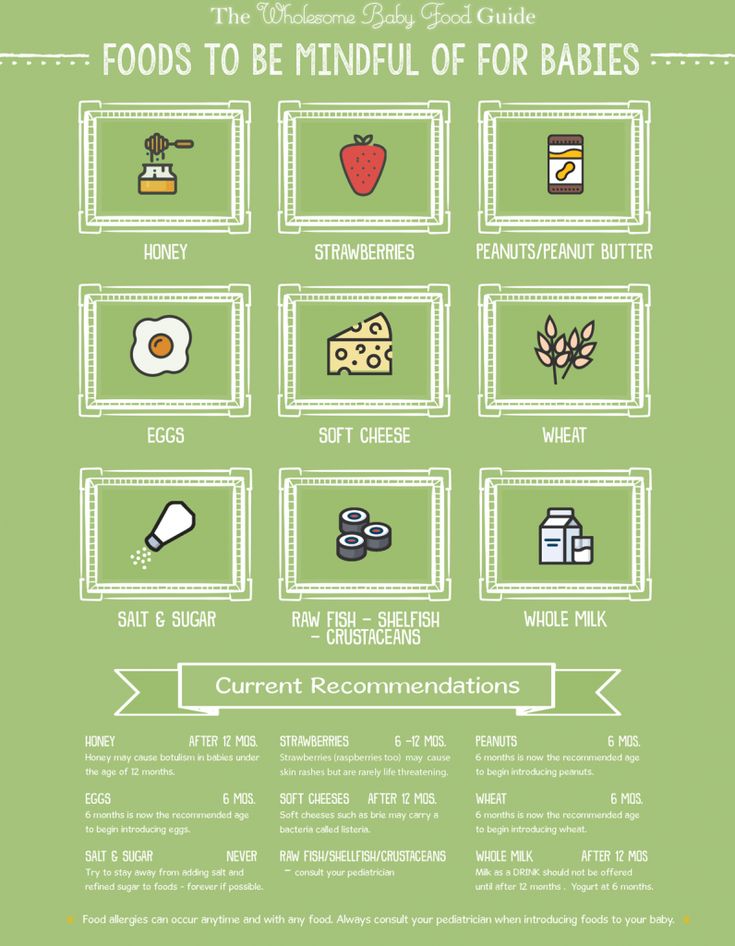 All these products keep the eggs in working condition, promote regular ovulation, normalize sugar levels, and as a result, the onset of a long-awaited pregnancy.
All these products keep the eggs in working condition, promote regular ovulation, normalize sugar levels, and as a result, the onset of a long-awaited pregnancy.
Meat consumption should be reduced in favor of vegetable proteins - legumes, nuts, and fish and seafood. The researchers note that eating too much protein can interfere with the attachment of the embryo to the uterine wall or interfere with its early development.
The diet should also contain sufficient amounts of vitamin E (vegetable oils).
As far as dairy products are concerned, they must not be fat-free. When following a fertile diet, it is recommended to consume full-fat milk, cheese and yogurt. Dairy products with normal fat levels promote the production of a hormone associated with ovulation and fertility.
What distinguishes the fertility diet from others is the high level of folic acid. As you know, this acid plays a special role not only in conception, but also in the development of the embryo.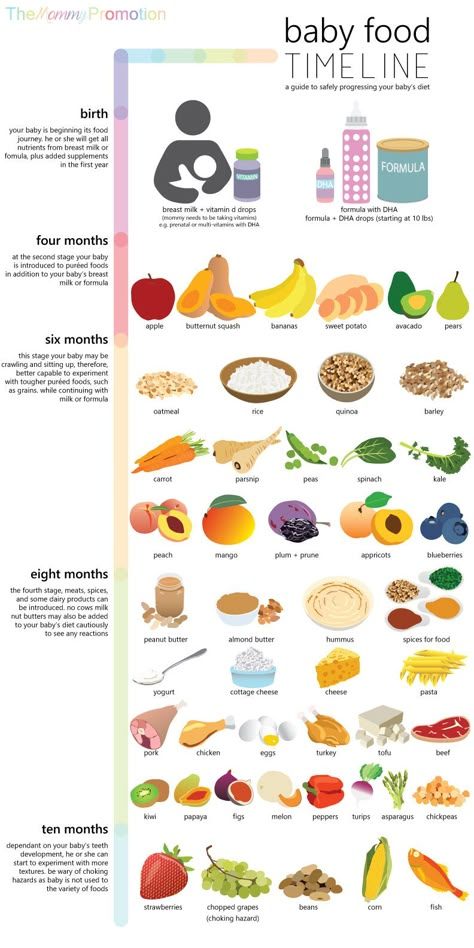 Folic acid is especially rich in fruits, nuts and greens.
Folic acid is especially rich in fruits, nuts and greens.
Women's reproductive functions are also improved by foods rich in vitamin C. In this regard, the consumption of citrus fruits, kiwi, apples, pears, wild berries, tomatoes, bell peppers and broccoli should be increased.
Experts recommend eating five servings of fruits and vegetables a day: three vegetables and two fruits. One fruit or vegetable equals one serving. You also need to take vitamins.
Nutrition for future fathers: useful and harmful
In the diet of a man planning to conceive, daily must be present: vitamin A - fatty fish, carrots, vitamin E - sunflower and olive oil, vitamin C, onions and greens in large quantities, proteins - meat, nuts, beans and beans .
Overweight men should think about it. According to studies, men who are above average weight are able to produce fewer sperm than leaner ones. The fact is that adipose tissue is capable of producing female sex hormones - estrogens, which in turn interfere with the production of full-fledged sperm.